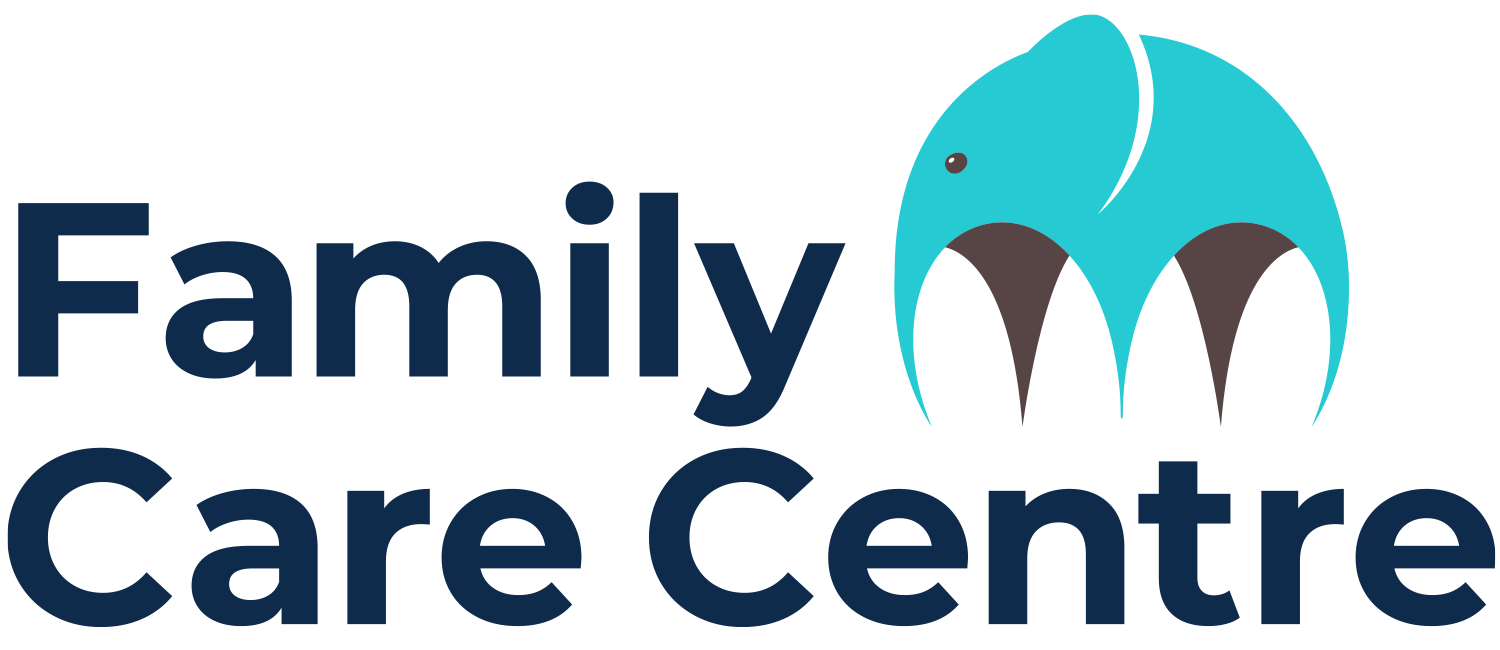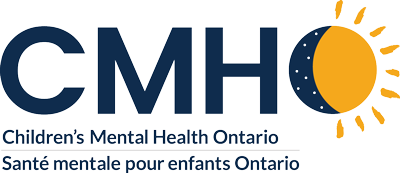In the coming weeks leading up to the release of the 2020 provincial budget by the Government of Ontario, Children’s Mental Health Ontario’s members, which provide the majority of publicly-provided child and youth mental health care in the province, and youth and family mental health advocates will be attending public meetings with Ontario government leaders and MPPs to urge them to increase investments in community child and youth mental health care.
They will remind government decision-makers that the length of time and the number of young people and their families waiting for Ontario publicly provided child and youth mental health care is at an all-time high.
And, they will share their front-line and lived experiences about families that are in crisis and struggling at home, work and school because they are not able to access the mental health care they need.
On Jan 28th, community leaders from London and St. Thomas joined Ontario’s Finance Minister Rod Phillips for a consultation ahead of the Ontario budget.
Mamta Chail who is the Executive Director of Wellkin Child & Youth Mental Wellness, and a parent, community member, taxpayer and advocate for health, made the business case for investments in child and youth mental health. Here’s what she had to say:
Minister Philips, today I won’t reiterate what you already know. You already know that suicide is the first cause of death for our children and youth. You also know that 20 percent (1/5) of our kids will struggle because of their mental health. To provide another perspective, that’s approximately six kids in every classroom. With an average of 12 classes in a school, that would 72 kids in each school across the province.
Additionally, five of those kids will not get the help they need.
I won’t go into the other alarming statistics. Instead, I will discuss how the government can build a healthy Ontario, while also saving money. You have six priorities and that child and youth mental health is crucial to the favourable outcome of each one of those priorities.
Make Life Affordable
One in four parents miss work due to their child’s mental health, with a cost of $420 million in lost productivity for the Ontario economy. Furthermore, parents need to take extra time to care for their child’s mental health. In Elgin County, we have parents quit their jobs or get fired because of the number of times they have missed work and/or receive calls at work to pick up their child from school. This has a direct impact on the family’s ability to afford necessities as well as a negative impact on income tax.
Prepare People for Jobs
We know a crucial barrier to gaining and maintaining employment is mental health and addiction. 70 percent of people will experience an onset of a mental health condition as children. If children aren’t supported with their mental health early on, their mental health will start deteriorating and they may self-medicate with substances. This can cause further problems. For example, someone who is untreated, but employed may lead to unsafe work practices such as using substances at work. Conversely, many people who suffer from mental health conditions are unable to hold down a job. Instead, this group of people may have to rely on ODSP or Ontario Works. In the long run, this will cost the province of Ontario more money.
Create a more Competitive Business Environment
To be competitive, you must be healthy. How healthy will our future generations be if we don’t support their mental health today? We know that mental health also has a direct link to physical health and physical health ailments. Furthermore, how healthy will our adults be today if they are parents of a child with untreated mental health concerns?
Build Healthy and Safe Communities
Untreated early onset of mental health can lead to a negative trajectory in life. I will share a short story of a client from my days of managing Drug Treatment Court. It was an interesting case because one of the participants had an addiction to Crystal Meth but through the Drug Treatment Court process saw a psychiatrist and was diagnosed with ADHD, which she had undiagnosed as a child. Because it wasn’t treated when she was a child, she self-medicated with a stimulant. There was a direct link with the use of drugs to criminal activities, hospitalization (cotton fever, endocarditis etc.), apprehension of her children, lack of education, loss of custody, etc. The cost associated with that financially and socially was astronomical, not to mention the generational trauma due to the challenges her kids faced. Imagine, if she would have received the needed support as a child, the trajectory for her, her kids/family, community, her victims and tax payers would have looked very different.
Connect People to Places
Many people lack the transportation needed to receive mental health support, especially in rural areas. This prevents certain communities from receiving support. Transportation is a huge barrier for our Elgin and Oxford children, youth and families to get mental health support due to our rural nature. There isn’t available transportation to support children, youth and families to get to their appointments, groups etc. We don’t have the budgets to pay for taxi’s for everyone requiring support who doesn’t have transportation means, which results in children, youth and families calling police, ambulance or not getting the treatment they need…which worsens the symptoms.
Make Government Smarter
It’s important to make an early investment toward mental health to avoid reactive costs in the future. Some examples of reactive costs would be funding for the opioid crisis, housing, social assistance, health care costs, etc. Think of the cost savings if we met a child/youth’s mental health needs so that they weren’t coping through the use of substances such as opioids, they were able to attain and maintain employment and therefore, was able to afford housing and not rely on social assistance. Imagine if we met a child’s mental health needs and therefore, they didn’t have unresolved mental health that in adulthood has been linked to increase risk of diabetes, stroke, high cholesterol, obesity etc. Then there is the added layer of a parent/caregiver who is parenting a child/youth with unresolved mental health issues, the research shows that the parent is more likely to suffer from depression/anxiety which of course also fuels physical health ailments as mentioned above.
Let’s consider the amount of money this government is spending on health care and social justice initiatives that is partially as a result of unresolved mental health challenges during childhood. Here are some health care issues and costs that are a linked to unresolved mental health: smoking, heart health, obesity, addiction related issues, and the list goes on.
Minister Philips, you say that the previous government left behind a challenging fiscal situation. The best way to expect different results is to not repeat what the previous government did, which was to cut funding. If you want to change the trajectory of our financial situation and save money you need to invest in people when you are going to have the biggest return on your investment…that’s just smart financial practice…so INVEST EARLY. Invest in children and youth. Not only will it be a smart move for the government, it will be saving kids lives.







0 Comments